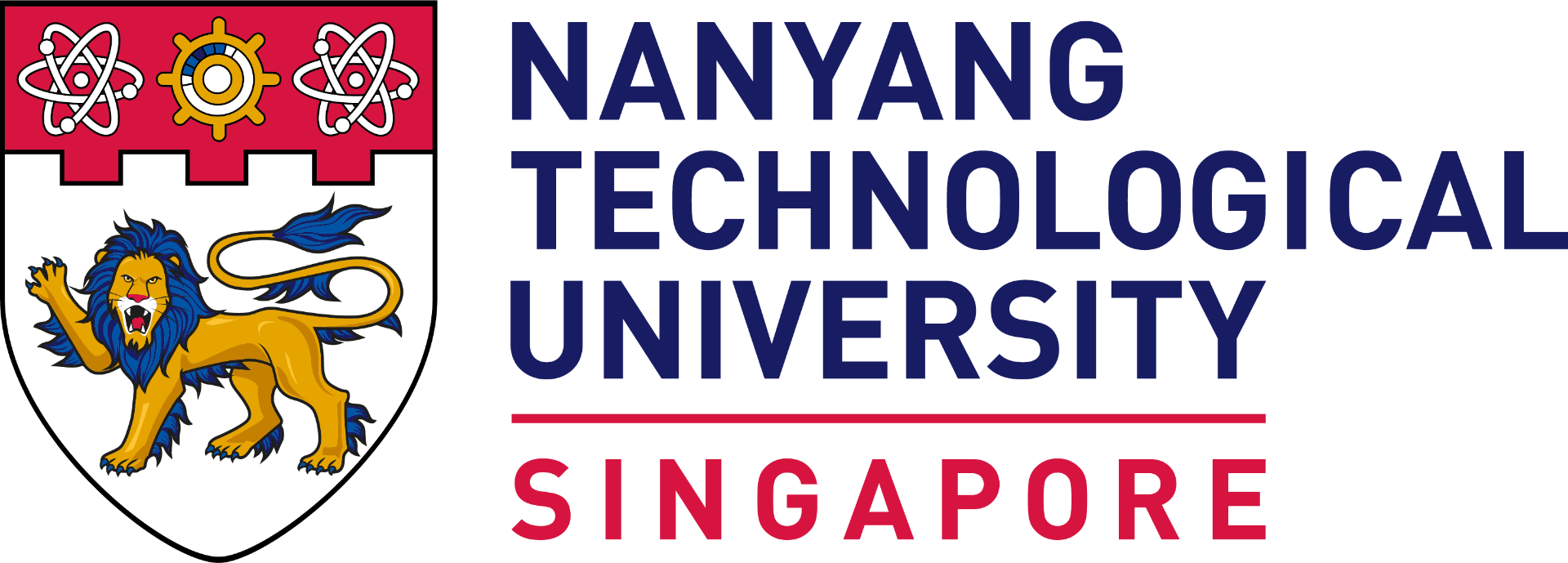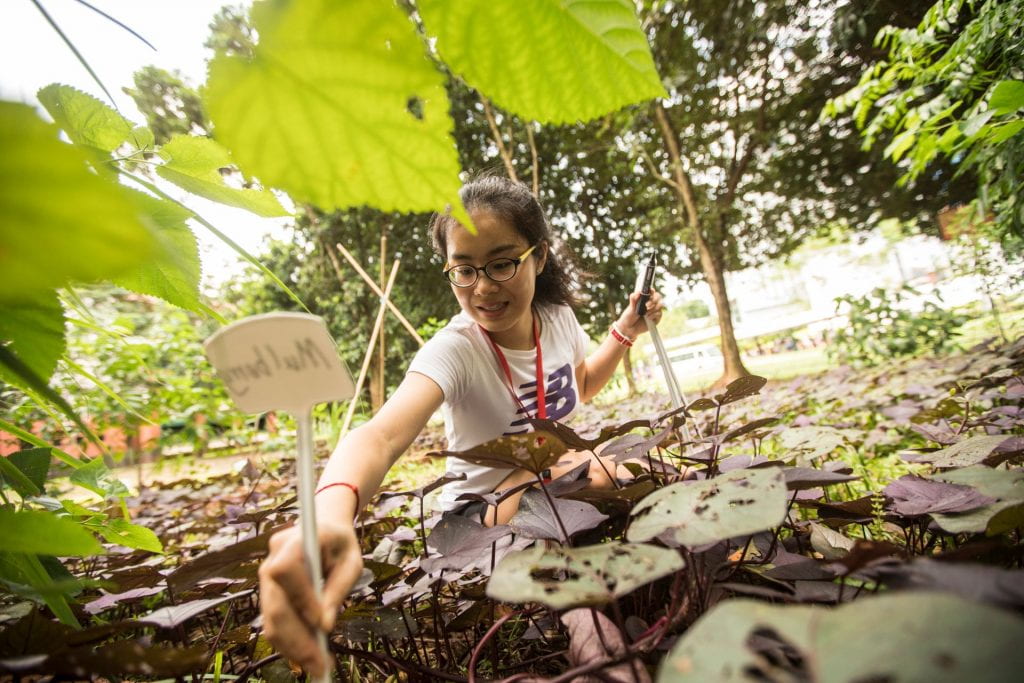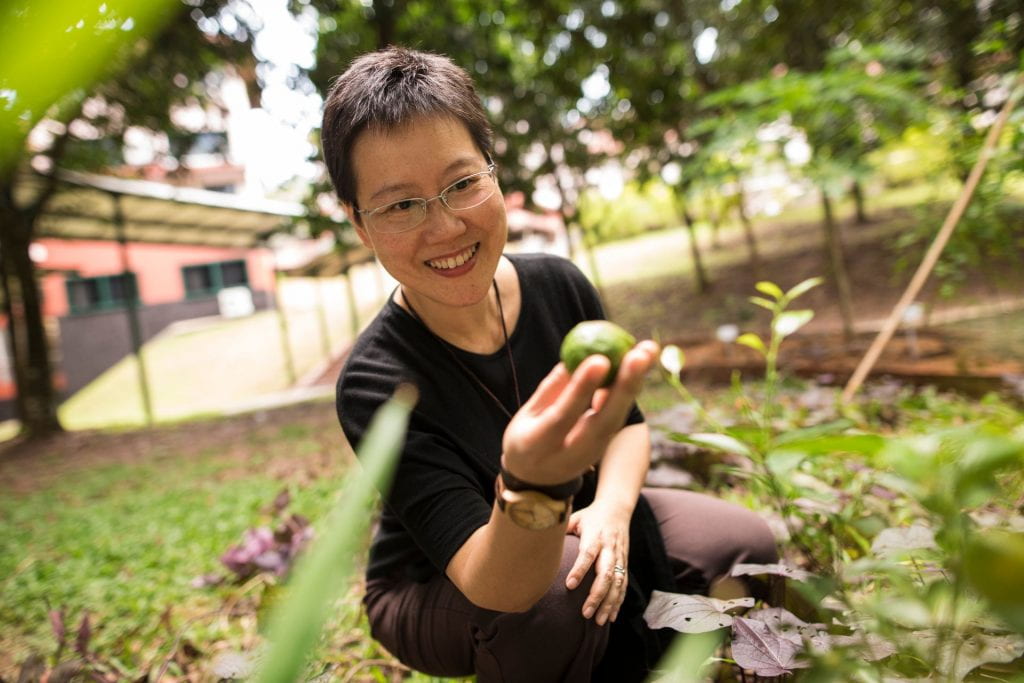Peter Yeo checks in on the new Residential Education (RE) programme that is being rolled out gradually on campus
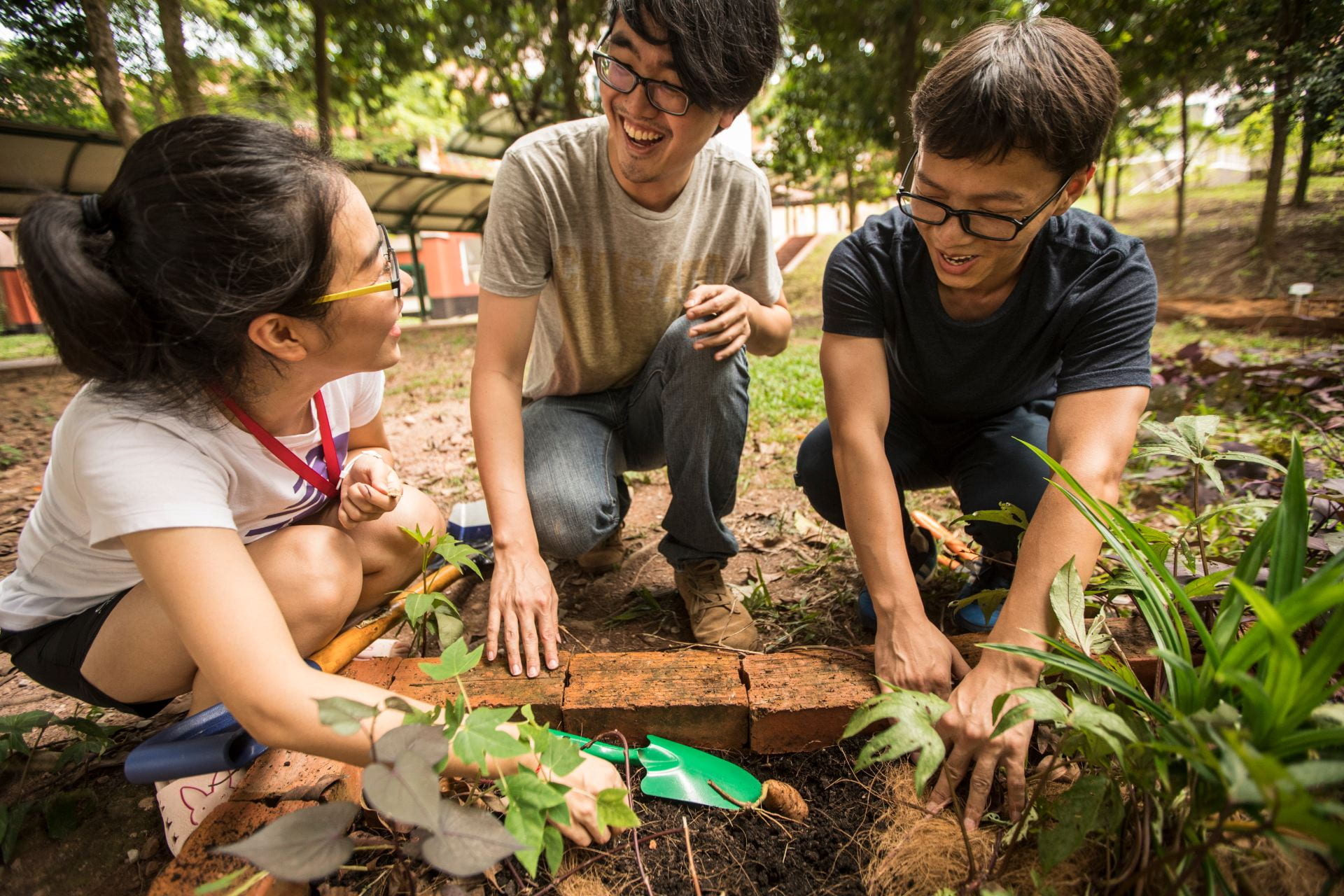
One of the main attractions of living in a hall of residence is the convenience of being five minutes away from class. Now, with the Residential Education programme, the class could even be held in your block at a hall of residence. Think courses on culinary appreciation, gardening, art, financial planning and healthy living.
“I like that the course is right at my doorstep,” says Piragalathan Loganathan, a third-year Chemistry & Biological Chemistry major. The 24-year-old took a class on art appreciation at Tanjong Hall where he picked up difierent painting styles, from watercolour to oil to Chinese ink painting. He also studied the fundamentals of photography, including how to use exposure settings, interpret histograms and choose focal length in lenses to create better images.
“The skilled instructors delivered a lesson plan that was easy to understand and absorb. I’d recommend that all hall residents take advantage of the free classes to get new skills and knowledge not taught on a regular day in school,” he says.
THE GRADUATE OF THE FUTURE
The NTU Residential Education programme, or RE@NTU, was launched at Crescent and Pioneer Halls in 2014. The objective is to get students to look beyond the curriculum of their chosen disciplines, says Assoc Prof Valerie Du Toit-Low, the Deputy Associate Provost in charge.
If you’re hoping to score extra credits, these aren’t the courses for you. If anything, they are designed not to be primarily academic or programme-specific, she explains. Many of the courses have a focus on developing practical skills for the future, like how to invest and budget wisely.
Says Assoc Prof Du Toit-Low: “What we want to do is instil generic skills in students. We hope that students who take up the classes will gain new knowledge, personal skills and positive attitudes and values. These encompass the five NTU Graduate attributes, what we call the 5Cs of an NTU education, namely competence, creativity, communication, character and civic-mindedness.”
“The graduate of the millennium has to not only be learned, but must also be able to learn, unlearn and relearn, which is crucial for critical thinking.”
– Assoc Prof Quek Hiok Chai
At Crescent and Pioneer Halls, classes take place in dedicated spaces with names like The Garage, The Studio, The Kitchen and The GiveBack. But any spot is potentially a learning space. At Halls 9, 10 and 11, for example, hall residents tend to edible gardens, growing herbs and spices such as butterfly pea and ginger, as well as fruits and vegetables such as papaya and sweet potatoes. And stargazing from hall rooftops has led to some students picking up astrophotography.
All undergraduate halls on campus have their own Residential Education programmes, with learning spaces given names that incorporate the abbreviation “RE”, such as theatRE@Tanjong Hall, REfresh@Tanjong Hall (a fully-equipped kitchen for culinary classes), cREate@Binjai Hall (a work space with tools), and REconnect@Hall 10 (a meeting and networking space).
Assoc Prof Quek Hiok Chai, a Senior Faculty-in-Residence, oversees the programme at the cluster that includes Banyan, Binjai and Tanjong Halls. He observes: “The graduate of the millennium has to not only be learned, but must also be able to learn, unlearn and relearn, which is crucial for critical thinking. This is all the more important since technology is becoming obsolete almost as fast as it’s minted. By helping students widen their interests and general knowledge, we can help them connect the dots and learn to learn better.”
#LEARNINGGOALS
Driving the success of Residential Education are the faculty-inresidence and graduate students, known as residential mentors, of the various halls.
“Owned by students and run by students” – that is the secret ingredient that will give the programme longevity, says Assoc Prof Quek. “The ideas for the classes may come from the faculty-inresidence, but the residential mentors are the ones who organise them.”
Courses are usually held in the late afternoon or evening, and may last as long as 12 weeks or as short as a few hours. Often, experts are invited to share their knowledge. For example, the Director of Project Sales and Marketing from the Huttons Real Estate Group, Ken Low, talked about the “huge transformation” in the Singapore property market at a session attended by the residents of several halls.
First-time residential mentor Atish Kizhakeyil, who lives in Hall 4, will be spearheading a dance camp at the end of the year. “It will be a good platform for residents to interact and have fun. Over three days, we’ll celebrate the diversity of NTU through different dance genres such as Indian dance and salsa.”
The PhD student, who researches skin cancer at the Lee Kong Chian School of Medicine, adds: “This also fosters racial and cultural integration and lets students experience residential life in a meaningful way.”
NOT JUST BOOK SMART
More than just enriching hall life, NTU’s after-school classes create an ecosystem of possibilities with lessons that boost IQ, EQ and CQ.
“By bringing people of all talents, backgrounds and nationalities together in learning activities, their ideas and thoughts can’t help but rub off on one another,” says Assoc Prof Du Toit-Low.
Dr Sze Chun Chau, the Senior Faculty-in-Residence of Pioneer Hall, who also has the job of ensuring knowledge is shared through experiential learning as NTU’s Director of Student Experiential Learning, says: “We want residential learning to be closely associated with the students’ daily living in a domestic setting. Since the classes include events and open houses, we can bring the whole hall community together.”
Joel Lim, a graduate student at the School of Mechanical & Aerospace Engineering and a residential mentor at Tanjong Hall, adds: “What better way to pick up new skills outside of class than by attending one right where you live? And you also get to mingle with students across all levels and schools.”
The entire scheme is, as much as possible, a self-sustaining one, says Assoc Prof Du Toit-Low. For example, the edible gardens could provide raw ingredients for culinary or baking courses at another hall.
Are you ready to open your door to the future? Here are some courses that are right around your corner. To find out more about the programme and to sign up for classes, visit www.ntu.edu.sg/re.
ASTROPHOTOGRAPHY
WHAT Amateur astronomers get a rare opportunity to glimpse the craters of the moon and planets such as Saturn and Jupiter, and photograph them with their mobile phones through sophisticated equipment.
FOR WHOM Residents keen on stargazing and photography. Students learn in groups under the guidance of trained mentors.
POTTERY
WHAT You will not only learn how to work with clay but also understand and appreciate the thoughts and narratives behind this art form.
FOR WHOM Those who like to work with their hands and create works of art.
FINANCIAL WELLBEING
WHAT Adopt best practices and good habits in money and debt management, and study the rules of investment using myriad financial instruments.
FOR WHOM Residents who want to learn the tools of financial planning and assess their financial health and risk appetite.
CEROC
WHAT Pick up Ceroc, a partner-dance that includes moves from salsa, rock and roll, swing and other dance genres.
FOR WHOM If you love music and dance, this is the fitness class for you. Its allure is that it is easy to pick up. You learn a few basic moves and “freestyle” according to the music. The instructors guarantee you’ll be dancing by the end of the first class.
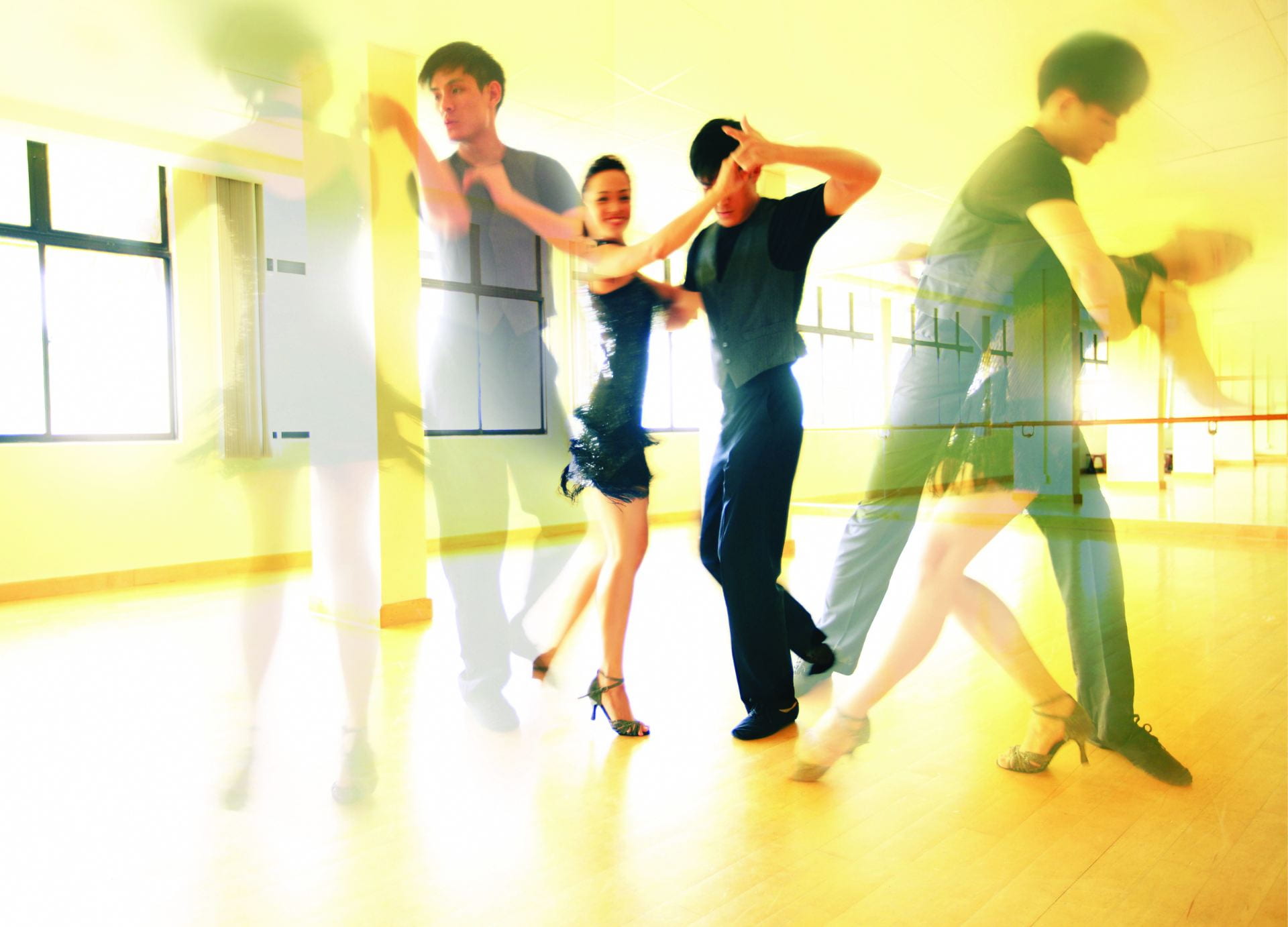
SPARTAN
WHAT Master the art of staying fit, balancing exercise and nutrition, and keeping healthy habits.
FOR WHOM Residents who want to be healthy and stay in shape.
APPRECIATION OF ASEAN CULTURE & HALAL FOOD
WHAT You’ll learn about various cooking techniques and the regional influences on Southeast Asian cuisines in this culinary and cultural journey.
FOR WHOM Food lovers who are also interested in the diverse cultures, customs, folklore and languages in Southeast Asia.
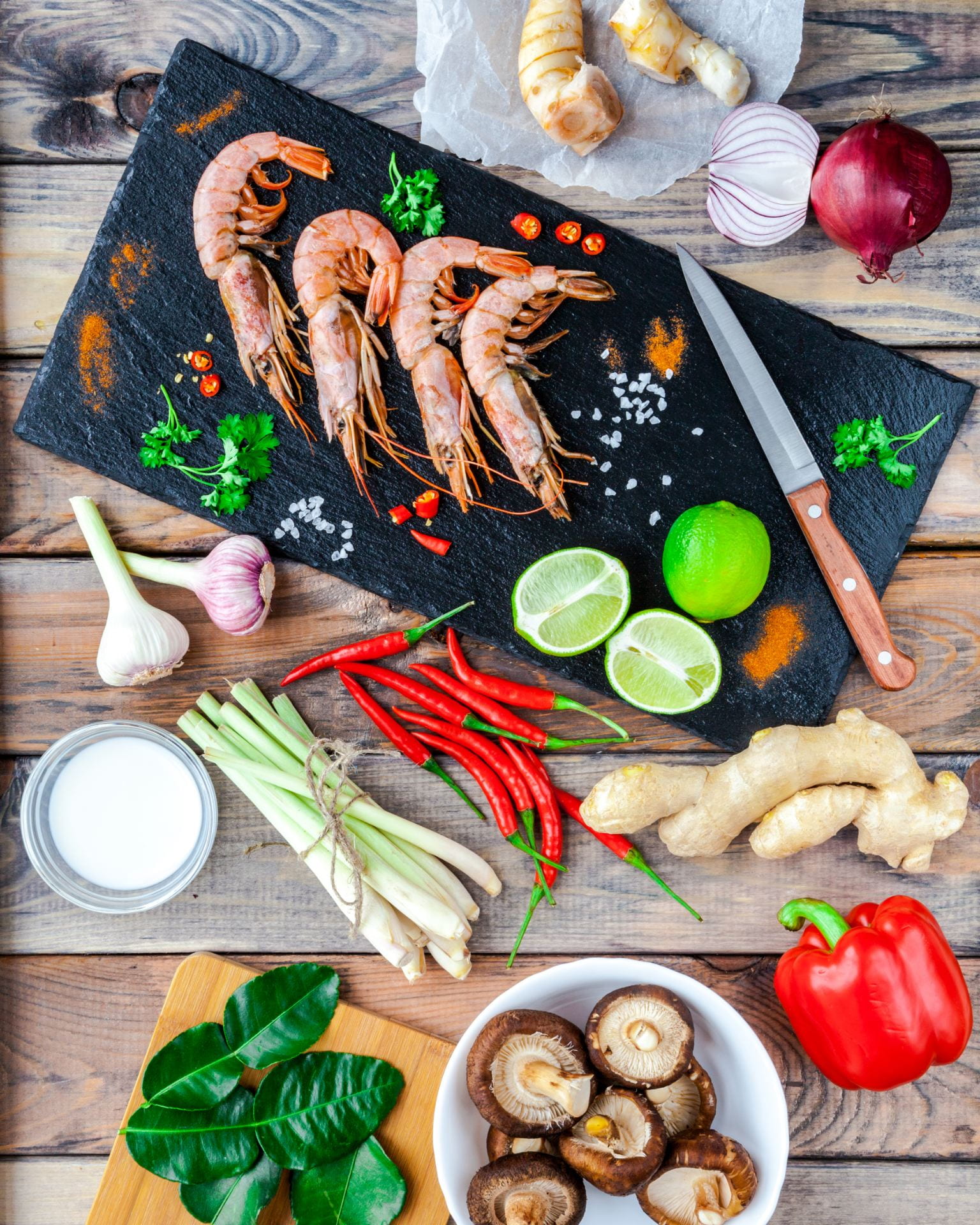
This story was published in the Sep-Oct 2017 issue of HEY!. To read it and other stories from this issue in print, click here.
